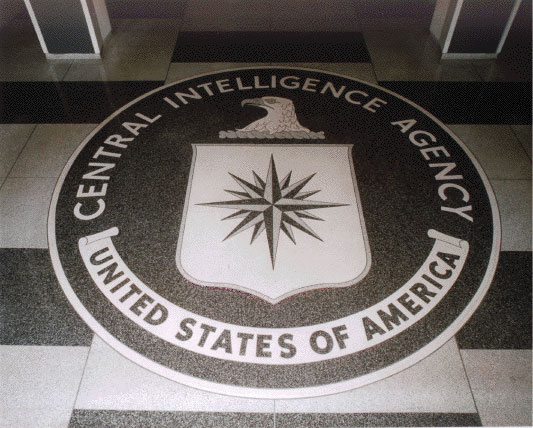
WikiLeaks has confirmed that it will give technology firms ‘exclusive access’ to details regarding the CIA’s hacking programme.
The news follows the earlier publication of a trove of secret CIA documents, the release of which exposed numerous hacking techniques, methods and targets of the CIA.
WikiLeaks founder Julian Assange said that the tech community would be the first to see any new Leaks, with the anti-secrecy founder saying: “Once the material is effectively disarmed, we will publish additional details.”
Since the publication of ‘Vault 7’, US federal agencies have launched a criminal investigation into the release of the information. Vault 7, the first installment of what will be the largest intelligence publication in history, revealed how CIA malware targeted iPhone, Android and smart TV users. Among other revelations, the leak revealed that the CIA had worked with the UK’s MI5 to hack smart TVs and that a US consulate in Frankfurt was a covert CIA hacker base.
READ MORE: WikiLeaks Releases CIA Hacking Dossier: CIA worked with MI5 to hack Samsung Smart TVs
The CIA has not yet responded to the claims.
Commenting on Vault 7 at the time of the leak, Assange said: “There is an extreme proliferation risk in the development of cyber ‘weapons’.
“Comparisons can be drawn between the uncontrolled proliferation of such ‘weapons’, which results from the inability to contain them combined with their high market value, and the global arms trade. But the significance of “Year Zero” goes well beyond the choice between cyberwar and cyberpeace. The disclosure is also exceptional from a political, legal and forensic perspective.”
It has been reported that big tech names like Google and Apple are currently developing counter-measures to fight any malware that the CIA may have in its arsenal.
“When leaks like this occur, the possibility exists that new tools and attack code will become available to motivated attackers on a mass scale. And, given the ubiquity of mobile phones and IoT devices, that’s a dangerous thing to consider,” said Eric O’Neill, National Security Strategist at Carbon Black.
“The onus of responsibility, then, is on the security community as a whole – and individual vendors such as Carbon Black – to band together in order to mitigate these global threats and lean on device manufacturers to be thinking security first. While this may turn into a highly politicized issue, we are most concerned with the potential ramifications if attack code gets into the wrong hands. There will ALWAYS be new vulnerabilities and new techniques. The key for leading security vendors and the community as a whole is to quickly remediate them globally.”






